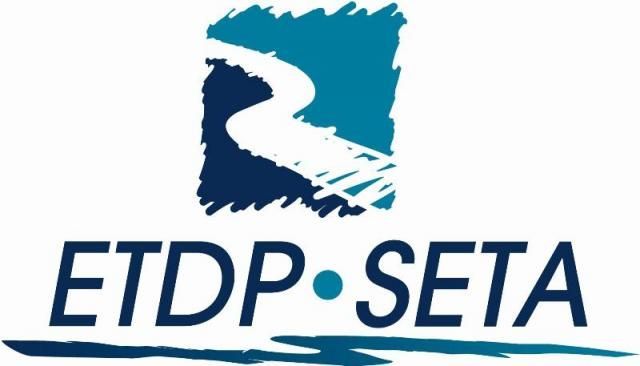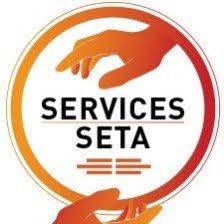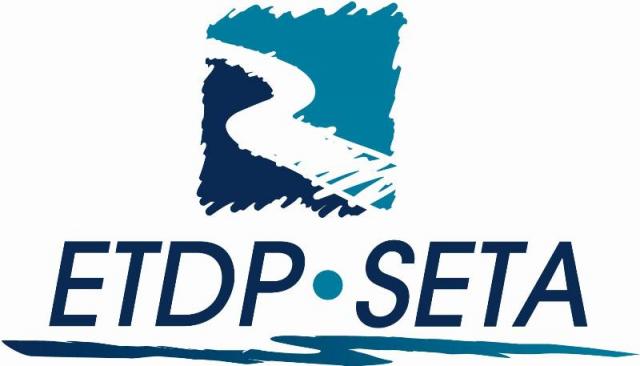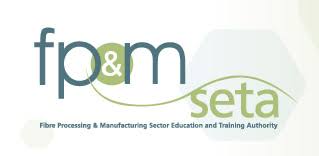Day 1 : Introduction to Skills Development in South Africa
Day 1: Introduction to Skills Development in South Africa

Introduction:
Welcome to Day 1 of our Skills Development Series, where we dive into the exciting world of skills development in South Africa. Today, we will provide you with a comprehensive overview of the importance, benefits, and current landscape of skills development within the country. Let's begin!
Section 1: Understanding Skills Development
1.1 What is Skills Development?
Skills development refers to the process of acquiring and enhancing the knowledge, abilities, and competencies required to perform specific tasks or roles effectively. It plays a vital role in driving economic growth, fostering innovation, reducing unemployment, and promoting social development.
1.2 The Importance of Skills Development
In South Africa, skills development is crucial for addressing the high levels of unemployment, reducing poverty, and driving sustainable economic growth. It equips individuals with the skills needed to secure meaningful employment, contribute to the labor market, and ultimately improve their quality of life.
Section 2: Skills Development Framework in South Africa
2.1 National Skills Development Strategy (NSDS)
The National Skills Development Strategy, developed by the South African government, provides a framework for skills development initiatives across various sectors. It aims to address the skills gaps and promote lifelong learning opportunities for all South Africans.
2.2 Skills Development Act and Sector Education and Training Authorities (SETAs)
The Skills Development Act establishes the legal framework for skills development in South Africa. It mandates the establishment of Sector Education and Training Authorities (SETAs), which are responsible for facilitating skills development programs and initiatives within specific industries.
2.3 Skills Development Levies Act
The Skills Development Levies Act requires employers to contribute a percentage of their payroll towards skills development. These levies are utilized to fund training programs and initiatives aimed at upskilling the workforce.
Section 3: Benefits of Skills Development
3.1 Individual Benefits
Skills development offers individuals numerous advantages, including improved employability, career advancement opportunities, increased earning potential, and personal growth. It empowers individuals to adapt to changing workplace demands and enhances their overall competence and productivity.
3.2 Organizational Benefits
For organizations, investing in skills development leads to a more skilled and engaged workforce. It improves employee retention, boosts productivity, fosters innovation, and strengthens the overall competitiveness of the organization. Skills development also helps businesses meet industry standards and adapt to technological advancements.
Section 4: Current Initiatives and Programs
4.1 Skills Development Programs for Unemployed Youth
Various government and private sector initiatives are focused on providing skills development opportunities to unemployed youth. These programs equip young individuals with relevant skills, facilitate work-readiness training, and promote entrepreneurship to enhance their employability.
4.2 Workplace-Based Skills Development Programs
Many organizations in South Africa actively engage in workplace-based skills development programs. These programs offer employees opportunities for training, apprenticeships, learnerships, and internships, enabling them to acquire practical skills and contribute effectively to their organizations.
4.3 Recognition of Prior Learning (RPL)
Recognition of Prior Learning (RPL) is a mechanism that acknowledges the skills and knowledge individuals have gained through informal learning or work experience. RPL enables individuals to receive formal recognition and certification for their skills, promoting inclusivity and lifelong learning.
Conclusion:
Day 1 of our Skills Development Series has provided you with a comprehensive introduction to skills development in South Africa. We explored the importance of skills development, the existing framework, and the benefits it offers to individuals and organizations. Additionally, we highlighted current initiatives and programs focused on upskilling the workforce. Join us tomorrow for Day 2, where we will delve deeper into the skills development landscape in specific industries within South Africa.















